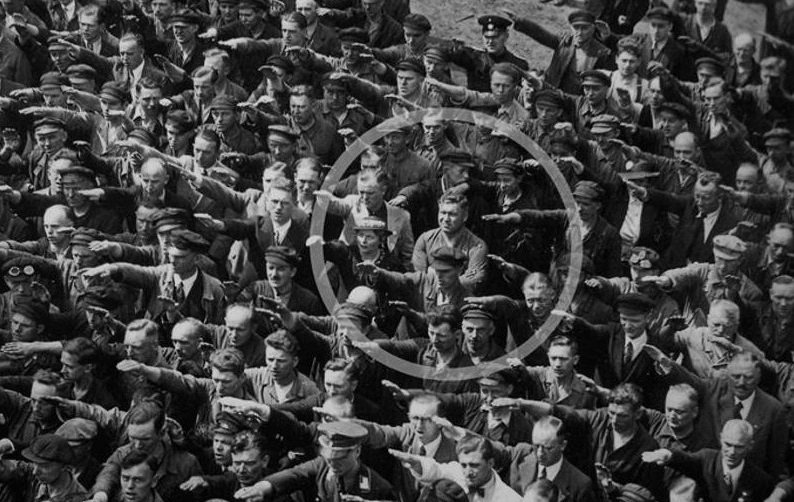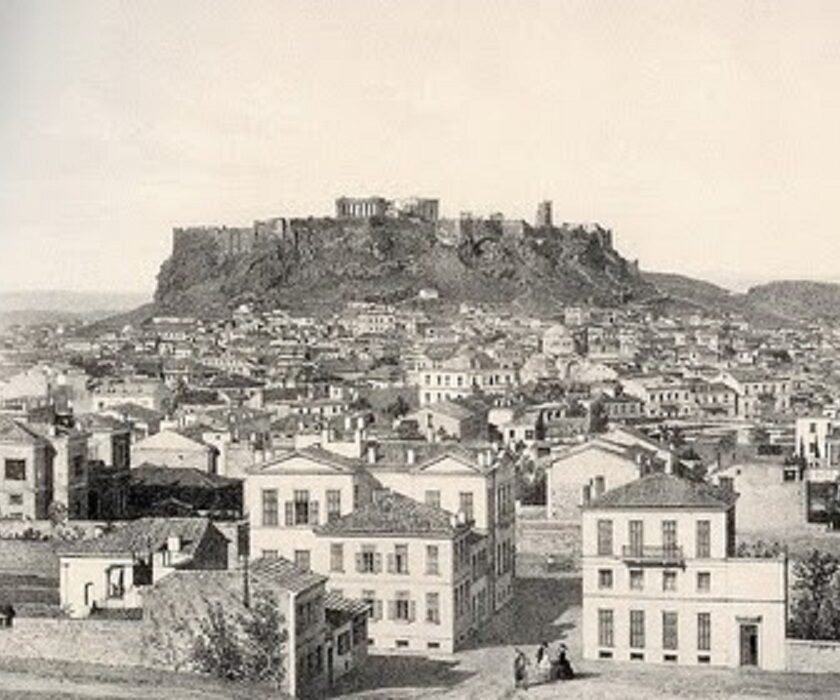Ο Βίκτωρ Ουγκώ προσέγγισε σχετικά αργά το φιλελληνικό κίνημα, ωστόσο υπήρξε από τους πλέον συνεπείς υποστηρικτές της ελληνικής υπόθεσης.
Το πρώτο του ελληνικό ποίημα Τα Κεφάλια του Σαραγιού (Les Têtes du sérail) δημοσιεύτηκε στην εφημερίδα Journal des Débats στις 3 Ιουνίου 1826, πριν κλείσει ένας μήνας από την Έξοδο του Μεσολογγίου. Το 1827 συνέθεσε τα ποιήματα Ναυαρίνο (Navarin) και Ενθουσιασμός (Enthousiasme) και την επόμενη χρονιά τα Κανάρης (Canaris), Λαζάρα (Lazzara) και το περίφημο Ελληνόπουλο (L’ enfant), το οποίο αναφέρεται στην σφαγή των Ελλήνων της Χίου, το 1822. Όλα τα παραπάνω ποιήματα συμπεριελήφθησαν στη συλλογή Τα Ανατολίτικα (Les Orientales, 1829). Το ενδιαφέρον του Ουγκώ για την Ελλάδα δεν σταμάτησε με την ίδρυση του ελληνικού κράτους. Στη διάρκεια της Κρητικής Επανάστασης του 1866 – 1869 δημοσιεύει, στον ευρωπαϊκό Τύπο, επιστολές τις οποίες υποστηρίζει θερμά τον αγώνα των Κρητών.
To 1824, σε ηλικία 22 χρονών ο νεαρός λογοτέχνης, με αφορμή τον θάνατο του λόρδου Byron στο Μεσολόγγι σημείωνε: Έδειξε (ο Byron) στην Ευρώπη ότι οι ποιητές της καινούργιας σχολής, μ’ όλο που δεν λατρεύουν τα είδωλα της αρχαίας Ελλάδας, θαυμάζουν πάντοτε τους ήρωες της κι’ ότι αν εγκατέλειψαν τον Όλυμπο, δεν έχασαν ούτε για μια στιγμή τις Θερμοπύλες.
Did you know that… Victor Hugo, the great writer of French Romanticism, dedicated several poems to the Greek Revolution of 1821?
Victor Hugo approached the philhellenic movement relatively late, but was one of the most consistent supporters of the Greek cause. His first Greek poem “Heads of the Seraglio” (Les Têtes du sérail) was published in the Journal des Débats on June 3, 1826, less than a month after the Exodus of Messolonghi.
In 1827 he composed the poems “Navarin” and “Enthousiasme” and the following year “Canaris” , “Lazzara” and the famous “L’enfant” , which refers to the Chios massacre of 1822. All the above poems feature in his collection Les Orientales (1829). Hugo’s interest in Greece did not stop after the establishment of the Greek state. During the Great Cretan Revolution of 1866 – 1869 he wrote letters in which he strongly supported the Cretan struggle and they were published in the European press.
In 1824 Victor Hugo, at the age of 22, noted on the occasion of Lord Byron’s death in Messolonghi: “He (Byron) has proved to Europe that the poets of the new school, although they no longer adore the gods of pagan Greece, always admire its heroes and that, if they have deserted Olympus, they have at least never said adieu to Thermopylae.”
(μτφ. Μαρία Κομπορόζου)





